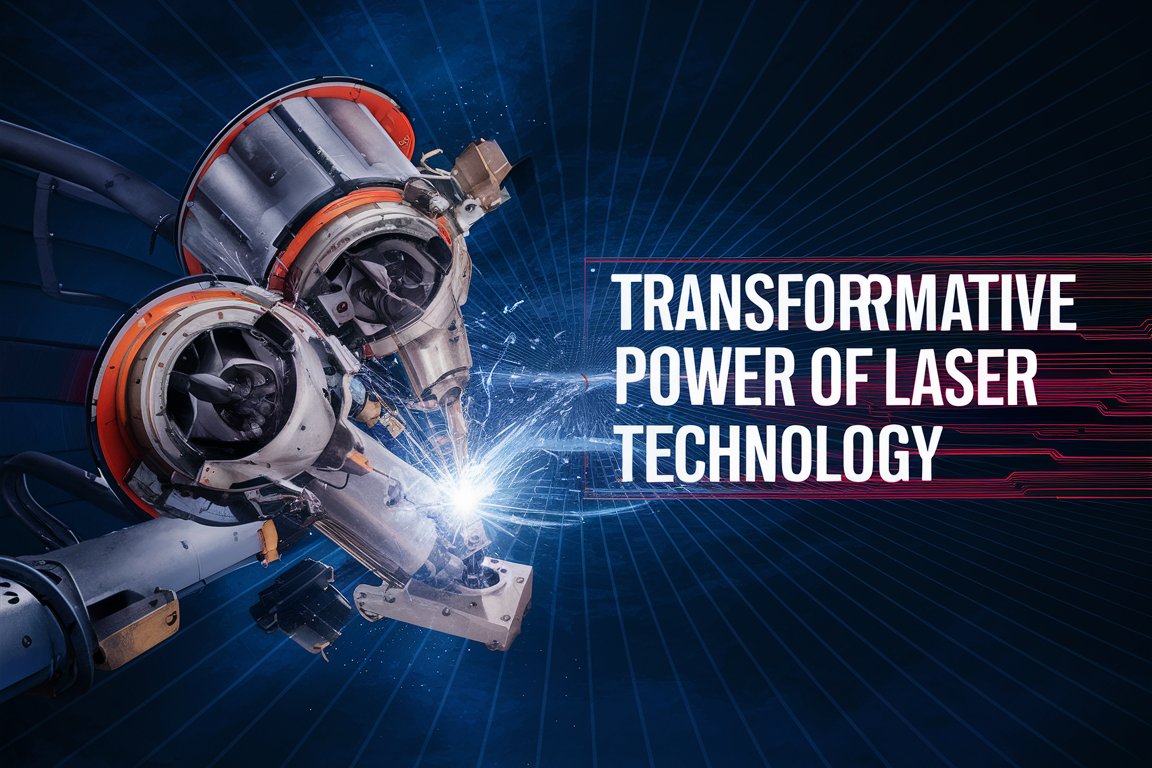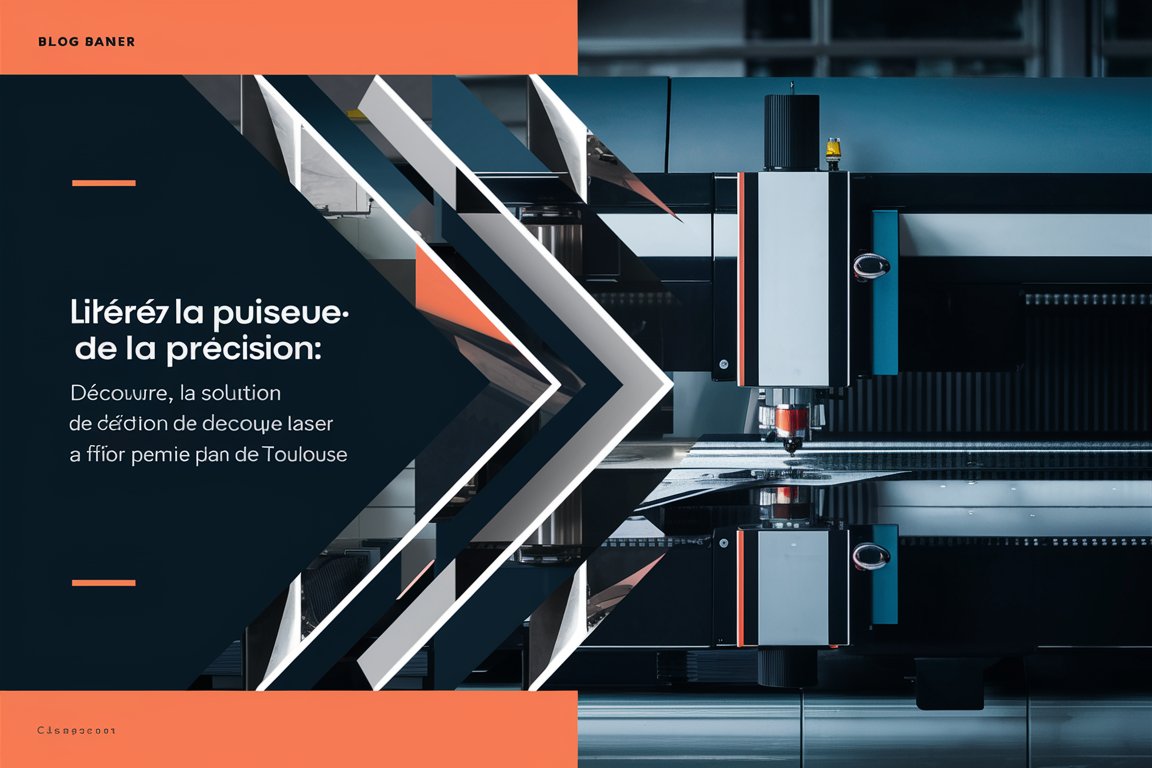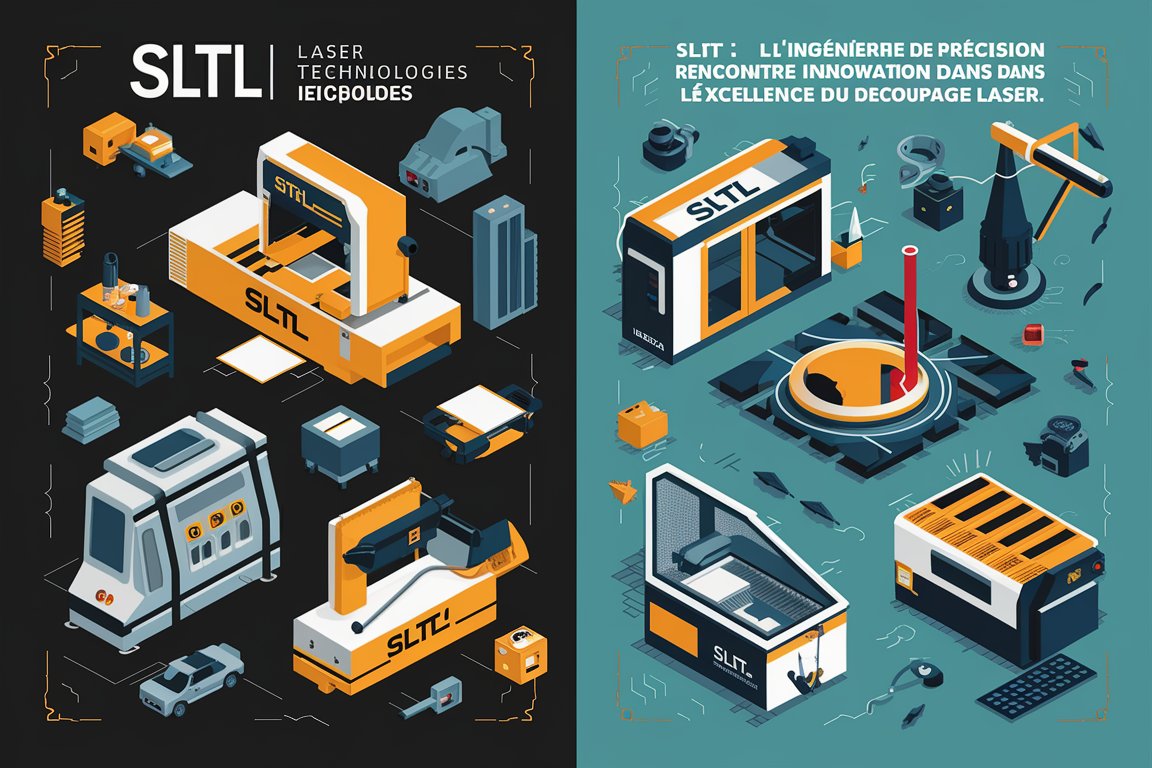Introduction: The Rise of Laser Technology in Manufacturing
Laser technology has revolutionized the manufacturing industry. Once confined to science fiction, laser technology is now an integral part of modern manufacturing processes. This blog post will explore the profound impact of laser technology on the industry, highlighting its versatility, efficiency, and the competitive edge it provides to businesses.
Furthermore, the rise of laser technology in manufacturing has been a transformative shift. As evidenced by advancements documented in this article on the technology that changed an era, the versatility and precision of laser-based systems have enabled manufacturers to achieve new levels of efficiency and innovation.

The Versatility of Laser Technology in Manufacturing
Notably, laser technology has proven to be remarkably versatile. Lasers have become indispensable tools in the modern factory, finding applications across a wide range of manufacturing sectors. Moreover, their ability to deliver focused, high-energy beams with unparalleled accuracy and speed has transformed traditional manufacturing methods.
Precision Cutting and Welding
For instance, laser-based cutting systems can slice through a variety of materials with remarkable precision and speed. This capability is particularly valuable in industries like automotive, aerospace, and electronics, where intricate parts and tight tolerances are required.
Additionally, laser welding offers advantages over traditional welding methods. Laser-based welding processes can produce high-quality, consistent welds with minimal heat input and distortion. This is crucial in industries like aerospace, where the integrity of structural components is paramount.
Additive Manufacturing and 3D Printing
Furthermore, advancements in laser technology have greatly facilitated the rise of additive manufacturing, or 3D printing. Laser-based 3D printing techniques allow for the creation of complex, customized parts and prototypes with unparalleled accuracy and detail.
In fact, additive manufacturing using lasers offers numerous advantages, including the ability to produce parts with intricate geometries, the elimination of traditional tooling requirements, and the potential for on-demand production. These benefits have made laser-based 3D printing valuable in industries like aerospace, medical devices, and consumer goods.
Surface Modification and Engraving
Importantly, lasers provide a versatile and highly controllable means of altering surface properties. This capability is valuable in industries where product branding, traceability, and quality control are important.
Moreover, laser-based surface treatment techniques, such as laser hardening and laser cladding, can enhance the durability and performance of materials by modifying their surface characteristics. This is useful in industries like automotive and machinery, where components are subjected to high levels of wear and tear.
The Efficiency and Cost-Effectiveness of Laser-Driven Manufacturing
Notably, laser technology has proven to be a highly efficient and cost-effective solution for manufacturers. By automating and streamlining various production processes, lasers have helped reduce labor costs, minimize waste, and increase overall productivity.
Reduced Operational Costs
For instance, laser-based manufacturing systems often require less manual intervention, leading to a reduction in labor costs. Additionally, the precision and speed of laser technology can result in lower material waste, decreased energy consumption, and more efficient use of resources, contributing to significant cost savings.
Furthermore, the non-contact nature of laser processing helps minimize the risk of damage to delicate components, reducing the need for costly rework or replacement. This, in turn, leads to improved product quality and a reduction in overall manufacturing costs.
Increased Productivity and Throughput
Importantly, the high-speed and accuracy of laser-driven processes have enabled manufacturers to increase their production throughput. This has led to improved responsiveness, shorter lead times, and the ability to adapt quickly to changing customer requirements.
Additionally, automated laser systems can operate with minimal downtime, running 24/7 to maximize production output. This level of efficiency and reliability is valuable in industries where time-to-market and just-in-time delivery are critical factors.
Competitive Advantages and Future Trends
By embracing laser technology, manufacturers have gained a significant competitive edge in the global marketplace. The enhanced capabilities, efficiency, and cost-effectiveness of laser-based systems have allowed businesses to differentiate themselves, improve product quality, and respond more effectively to market demands.
Driving Innovation and Competitiveness
As laser technology continues to evolve, manufacturers are poised to unlock even greater opportunities for innovation and competitive advantage. Furthermore, advancements in areas like high-power lasers, multi-axis processing, and integrated automation are expected to further enhance the capabilities of laser-driven manufacturing.
Additionally, the development of more versatile and user-friendly laser systems is expected to lower the barriers to entry for smaller manufacturers, allowing them to leverage the benefits of laser technology and compete more effectively.
Sustainability and Environmental Impact
Importantly, laser-based processes often require less energy and generate less waste compared to traditional manufacturing methods. This makes laser technology a more sustainable option for businesses focused on reducing their carbon footprint and meeting environmental regulations.
As the global push for sustainability continues, the adoption of laser technology in manufacturing is expected to play a crucial role in helping businesses achieve their environmental goals while maintaining their competitive edge.
Conclusion: Embracing the Future of Manufacturing
In conclusion, laser technology has revolutionized the manufacturing industry. From precision cutting and welding to additive manufacturing and surface modification, lasers have transformed the way products are designed, fabricated, and assembled.
As the manufacturing sector continues to evolve, the integration of laser technology will become increasingly crucial for businesses seeking to stay ahead of the curve, drive innovation, and meet the ever-changing demands of the global market. By embracing this transformative technology, manufacturers can unlock new possibilities, enhance their product quality, and secure their place as leaders in the industry.




